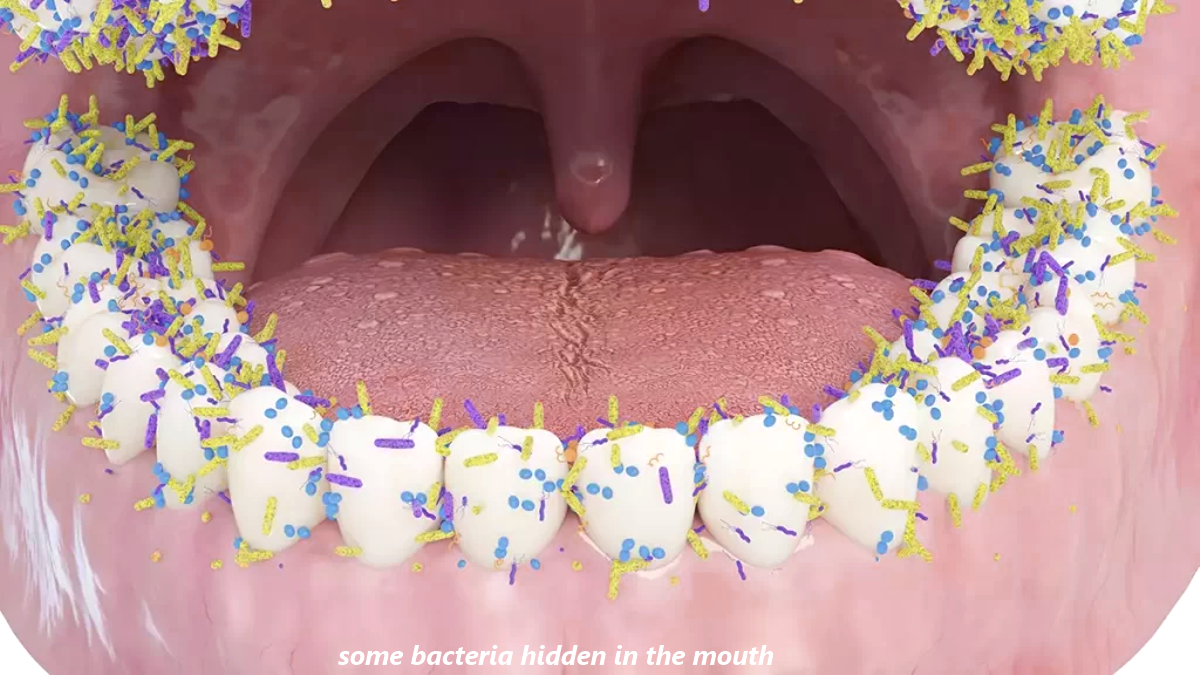Certain bacteria lurking in the mouth could have implications for brain health and Alzheimer’s. Did you know that your mouth now reveals things about the brain? Certain bacteria may affect the brain’s health through changes over a lifetime. Research at the University of Exeter states that certain bacteria are associated with better memory and cognition; others, with impaired brains and Alzheimer’s.
“Now we can tell you about the Alzheimer’s gene, which previously wasn’t possible without a diagnosis or test for the disease,” says Dr. Joanna Hewricks, a doctor and author of the research paper. This research is still in its early days, and they are trying to determine whether certain healthy foods, such as nitrogen-rich green leafy vegetables, have a positive effect on brain health by promoting these good bacteria.
Read More: The Most Effective Map-Traversing Algorithm
“Some are brain-friendly bacteria, while others are responsible for brain disorders, which could pave the way for the treatment of dementia by changing the latter,” stated Professor Anne Corbett, co-author of the study. “That could be through dietary changes, probiotics, hygiene, and targeted therapy.” There were 115 subjects over the age of 50 within the study. Their mental health had already been tested for another project.
They created two groups: participants without mental health problems being one group. The other group consisted of participants suffering from mild mental health problems. Both groups had samples taken from them and investigated for the bacteria present.
The University of Exeter reported that those who showed higher levels of Neisseria and Haemophilus bacteria in their mouths had a greater memory function, alertness, and ability to engage in difficult tasks. Porphyromonas bacteria are correlated with poor memory performance. The bacterial community that is found lacking within nitrogen is the Prevotella, as it has also been isolated from people suffering from Alzheimer’s disease.
Read More: Touchscreens could conceal information about our decision
Which foods can be the protective agents against Alzheimer’s?
“We advise people to eat beetroot, spinach, green leafy vegetables, lots of salad and reduce alcohol and high-sugar foods,” says Joanna Hewricks. Green leafy vegetables are the largest natural source of nitrogen.
“It is possible that in the future when you go to see a doctor, they will take samples from your mouth and process them… This will help determine whether you are at risk of dementia and Alzheimer’s,” says the university’s pro-vice-chancellor, Professor Anne Vanhatal.
